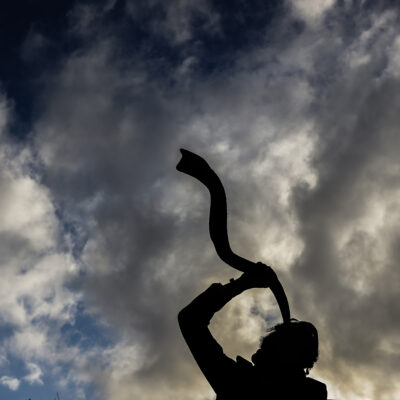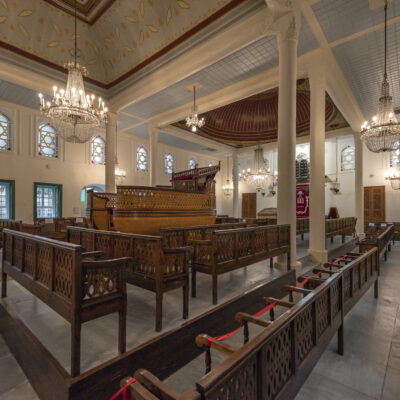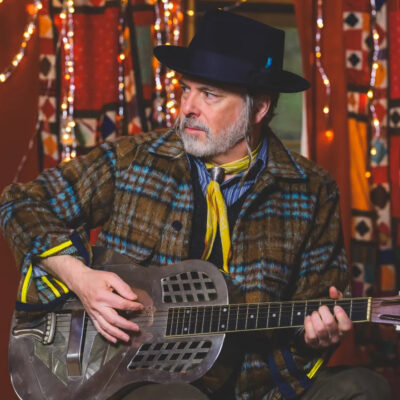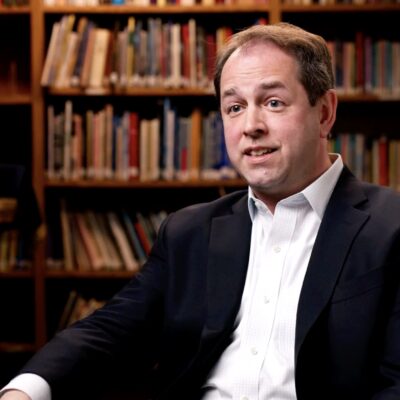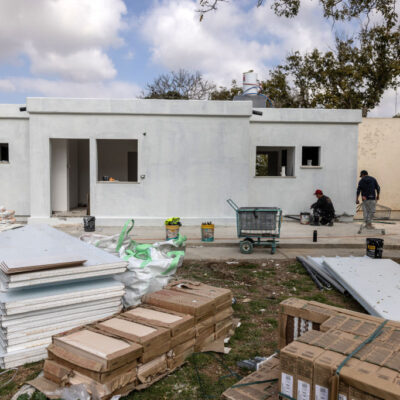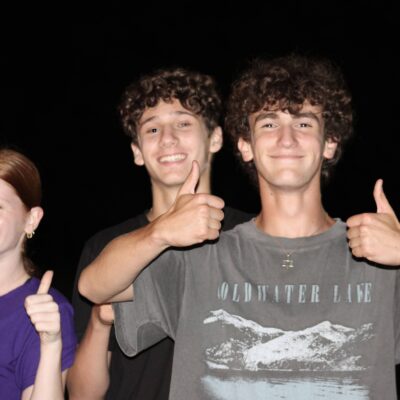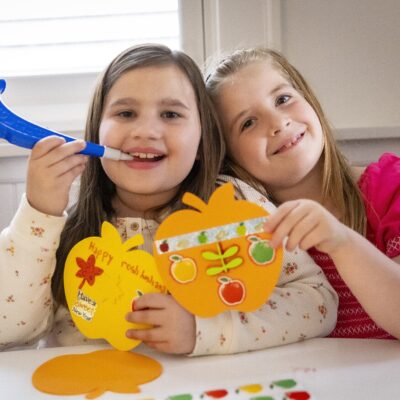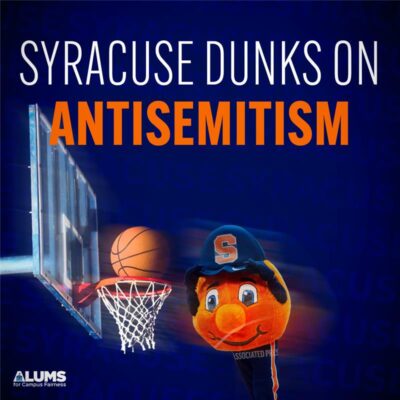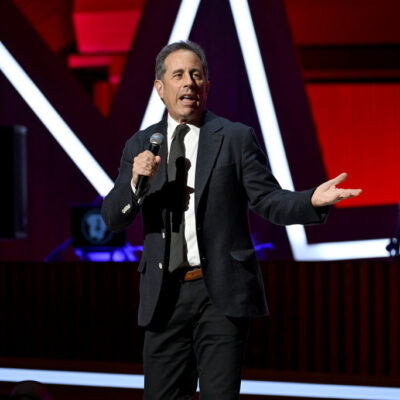I Belong to Jewish Camp

By Rabbi Noam Katz
“What will you miss most about camp not happening this summer?” I find myself asking my 12-year old daughter one recent morning.
“My friends, my counselors, the people. Cabin time, campfires. I can’t really describe it but it’s just something I feel when I’m there.”
My daughter couldn’t quite put her feelings about camp into words, but I hope I can. Camp is where she — and I, and so many others – feel a true sense of belonging.
Except this summer. This summer, amidst a global pandemic that has no precedent in my lifetime (and I hope no successor), my children and I will be camp-free. No matter the number of outings to our local park or splash pad, the “magic” of camp, that powerful sense of belonging, won’t be felt or replicated.
As we near the Hebrew month of Av, I recall being a young camper and hearing about a minor Jewish holiday that sounded like “Tu B’shvat” but with much less snacking. Of course, I would later learn it was Tisha B’Av, a day on which we remember the destruction of the Temples in Jerusalem. It’s a day of solemnity and reflection. Many camps wisely link our own history of persecution to issues in our current social climate. The commemoration meaningfully resonates for us when we take some time to better understand why the Temples were destroyed in the first place — and we empathize with other people who continue to suffer injustice and mistreatment.
In the time of the Second Temple they were occupying themselves with Torah, observing the laws, and giving tzedakah. Why was the Second Temple destroyed? According to the Talmud, it was destroyed because therein prevailed Sinat Chinam, hatred without cause. (Yoma 9b)
More so than any other time in my life, we see the consequences of hatred without cause, the pervasive fallacy that there is a specific “default” version of humanity, and anyone who falls outside of it (due to their race, religion, gender identity, sexual orientation, etc) does not belong. This is especially an affront to us as Jews, who deeply empathize with the experience of being “othered.” We know that diversity is inevitable and humanity’s gift – not an aberration. We all belong.
In memory of Allie Rae Edelsberg z”l, I wrote “Belong,” a song that I hope conveys a message that is both timely and timeless. It celebrates the beauty of distinction, that which is singular and sacred in every individual, against the powerful backdrop of a setting like Jewish summer camp – in which every person is necessary, everyone brings their unique gifts, passions and skills. Everyone belongs.
The song’s themes of diversity and belonging are drawn from another Rabbinic text (Sanhedrin 4:5), in which God, like one who stamps coins, casts each human being in the Divine image, yet no two ‘stamps’ are the same: “Ein echad meihen domeh la-chavero – There is not one of them who is the same as their fellow.” The essence of our tradition is seeing the holiness in ‘otherness’, never subjugating someone for being different, but acknowledging how that tapestry of difference elevates the entire community.
No setting or experience affirms that truth quite like summer camp.
This is where so many of us learned that we belong. We were not merely included; we were valued, embraced. It was not about surface accommodation, but authentic connection. About immersing ourselves in a wellspring of shared values and responsibilities. While I am deeply saddened by the fact that overnight Jewish camps are not running this summer, as vitally important and judicious a decision as it was for lay and professional camp leaders to make, we can continue their essential work in creating a community founded upon empathy, diversity and radical inclusion.
Jewish summer camp may have planted and watered those seeds for us, but they can develop and flourish wherever we go. Let us remember to swing open the gates of our hearts, kindle the kumzitz of inclusion, and sing the refrain of our times: You belong. I belong. WE belong.
Rabbi NOAM KATZ, MAJE, got hooked onto Jewish music during his many summers growing up at URJ Eisner Camp in Great Barrington, Massachusetts. Noam is a lifelong Jewish educator, songleader and storyteller. For the past two decades, he has performed at camps and congregations across North America, Israel, and Africa, bringing a passion for Jewish text, social justice and world music. Noam has released four albums of original Jewish music: Rakia; Mirembe, Salaam v’Shalom; A Drum In Hand, and After The Flood. When not at camp, Noam serves as the Dean of Jewish Living for The Leo Baeck Day School in Toronto. He is on the faculty of FJC Cornerstone, Hava Nashira and Shabbat Shira, and looks for every opportunity to train and inspire the next generation of songleaders and camp counselors. Noam received his Rabbinic ordination from Hebrew Union College-Jewish Institute of Religion (HUC-JIR) in 2010. www.noamkatz.com

 Add EJP on Google
Add EJP on Google